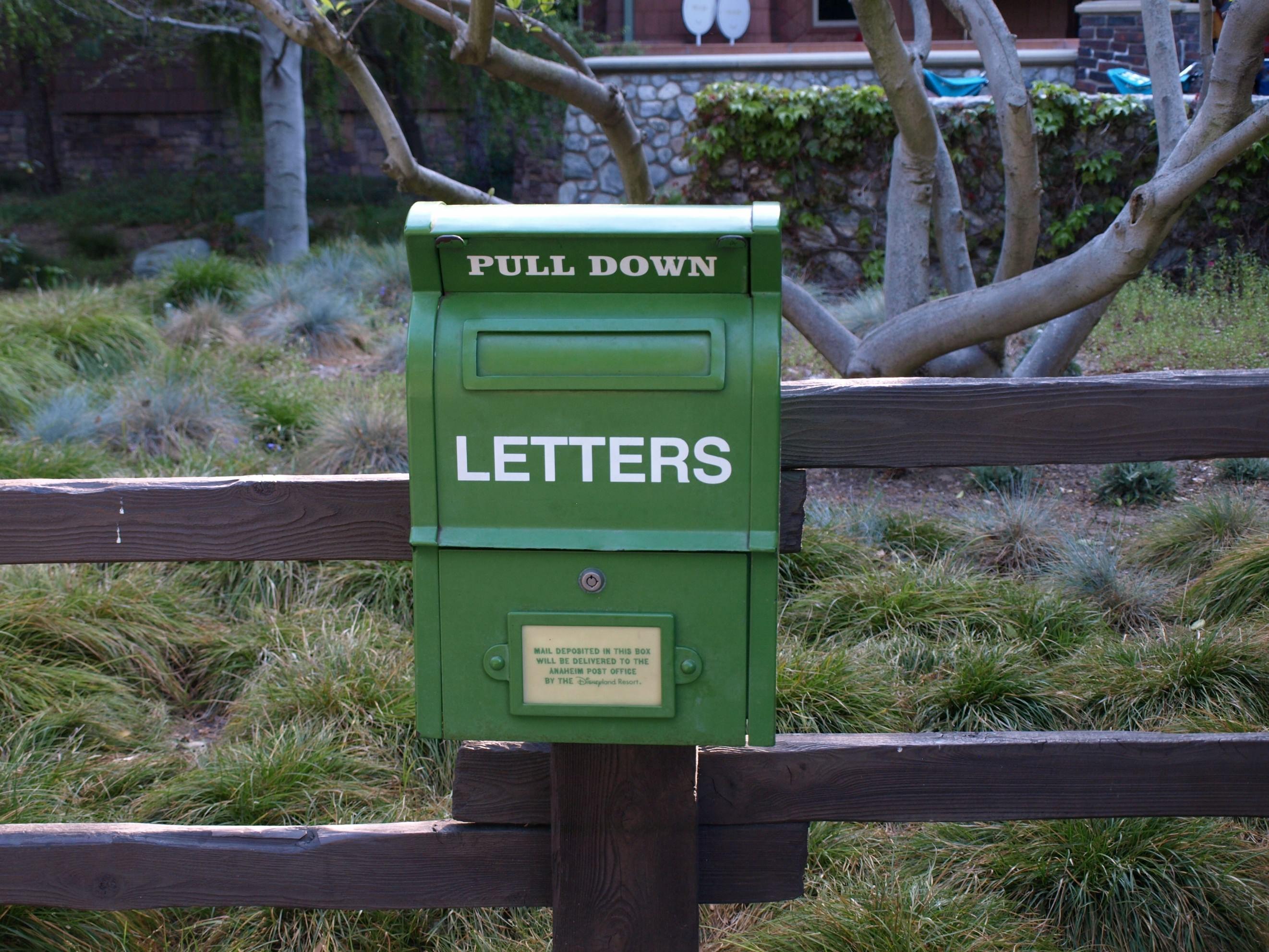
02 Feb Stealing the identity of the dead
Photo: thelesleyshow/morguefile.comQ. My parents both died years ago, but I still get lots of mail for them — credit card offers, junk and other stuff. Do I need to worry about someone stealing their identities? What should I do?
— ID theft-worried
A. The dead can still be victims of identity theft.
This is known as “ghosting.”
“Scammers of the sweet hereafter case obituaries like burglars check out houses and often your identity is more vulnerable when you pass on than when you are alive – because no one thinks about scams involving the dead,” said Adam Levin, author of “Swiped: How to Protect Yourself in a World Full of Scammers, Phishers, and Identity Thieves.”
There are a few items you should check related to your parents’ deaths, said Levin, a former head of the New Jersey Division of Consumer Affairs and co-founder of Credit.com and IDT911.
First, see if the IRS was sent a copy of their death certificates. That’s because every year, the IRS says, scammers and identity thieves steal the identities of over 2.5 million Americans.
Levin said you should find out of your parents’ executors sent copies of the death certificates to the credit reporting bureaus, asking that they put a “deceased alert” on the decedents’ credit report.
You should also see if you can get copies of your parents’ credit reports.
If none of those steps were taken, you can now notify the appropriate agencies.
You can also act to opt out to receiving junk mail. Try OptOutPrescreen, which is run by the credit bureaus. You can cut down on offers for insurance and credit here.
Then try the Direct Marketing Association’s (DMA) Mail Preference Service (MPS), which will opt you out of receiving unsolicited commercial mail from many national companies for five years.
In general, Levin said, consumers need to beware of the damage obituaries can cause when the wrong people learn about someone’s death.
Less information is more protection, he said.
“Identity thieves salivate over the prospect of obituaries chocked full of personal information that will give them the building blocks they need to present themselves as the next incarnation of the deceased: date of birth, address, mother’s maiden name, family members, favorite pets, memberships in religious, public interest and charitable organizations and other personally identifying information,” Levin said.
When someone dies, you should get at least 12 copies of the death certificate, Levin recommends. You will need this for the credit reporting agencies, creditors and certain government agencies.
Then send one to the IRS and to each of the three major credit bureaus, requesting a “deceased alert” on the decedent’s credit report.
You can then arrange with each credit bureau to get a copy of the decedent’s credit report to review for lists of accounts and credit card activity, Levin said.
If you have evidence of fraud — collection notices, bills or something fishy on a credit report — you should notify the police in the deceased’s jurisdiction, Levin said.
“If there is a surviving spouse or other joint account holder, make sure to notify any credit card company, financial services institutions, brokerage firms and lenders — especially mortgage companies — of the death,” Levin said.
Email your questions to Ask@NJMoneyHelp.com.
This story was first posted in February 2016.
NJMoneyHelp.com presents certain general financial planning principles and advice, but should never be viewed as a substitute for obtaining advice from a personal professional advisor who understands your unique individual circumstances.
